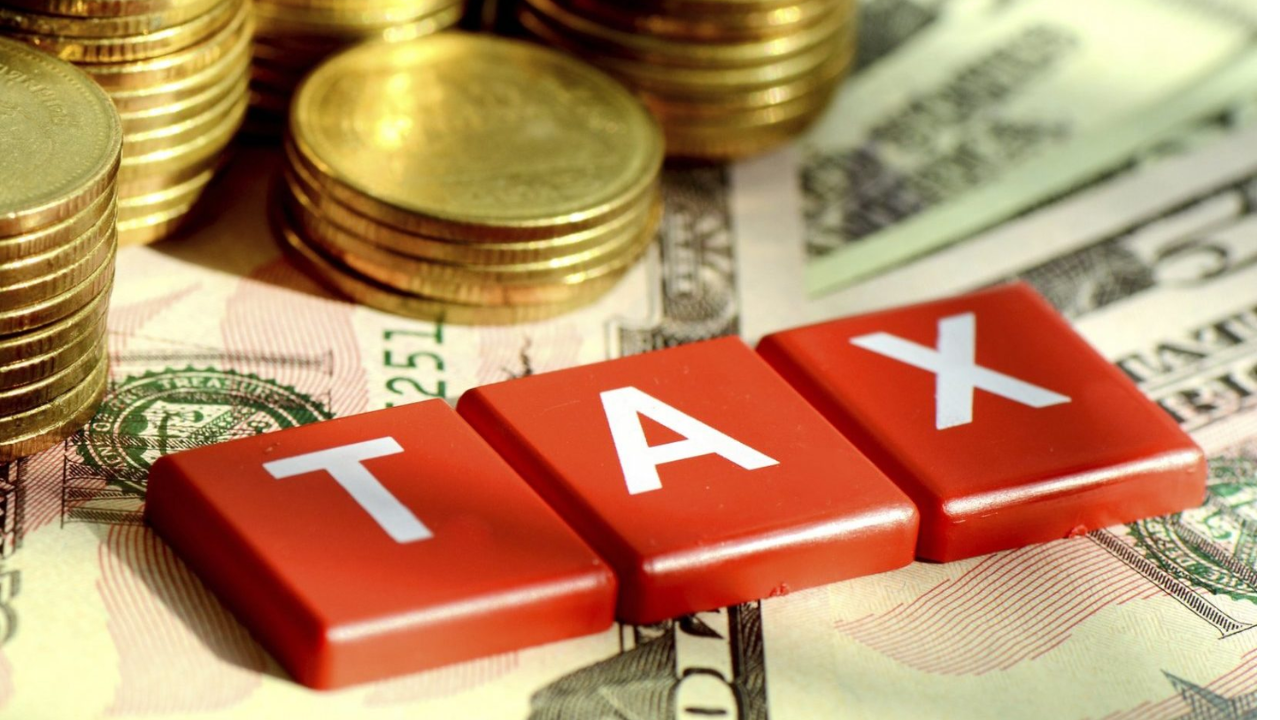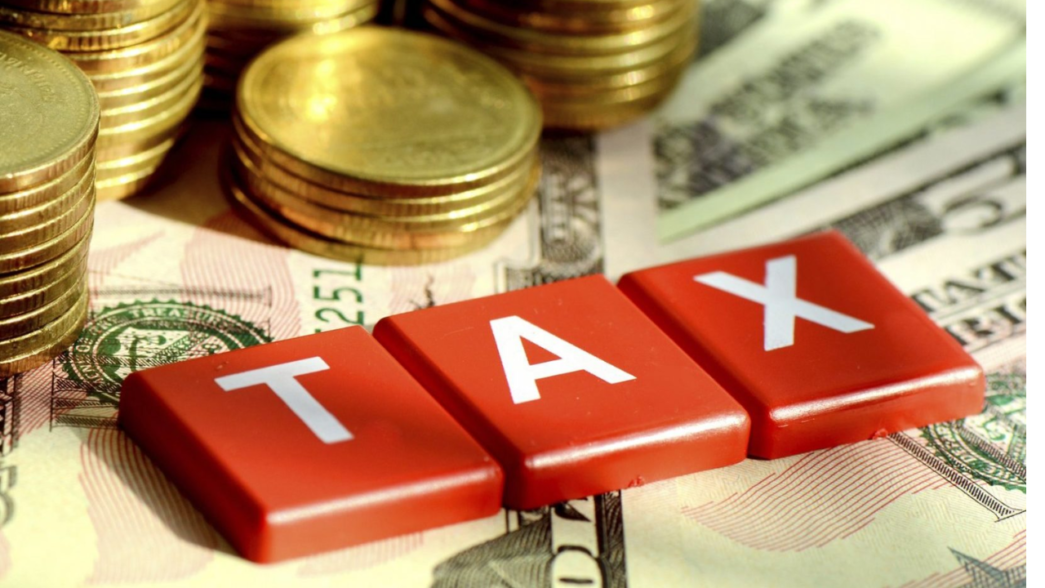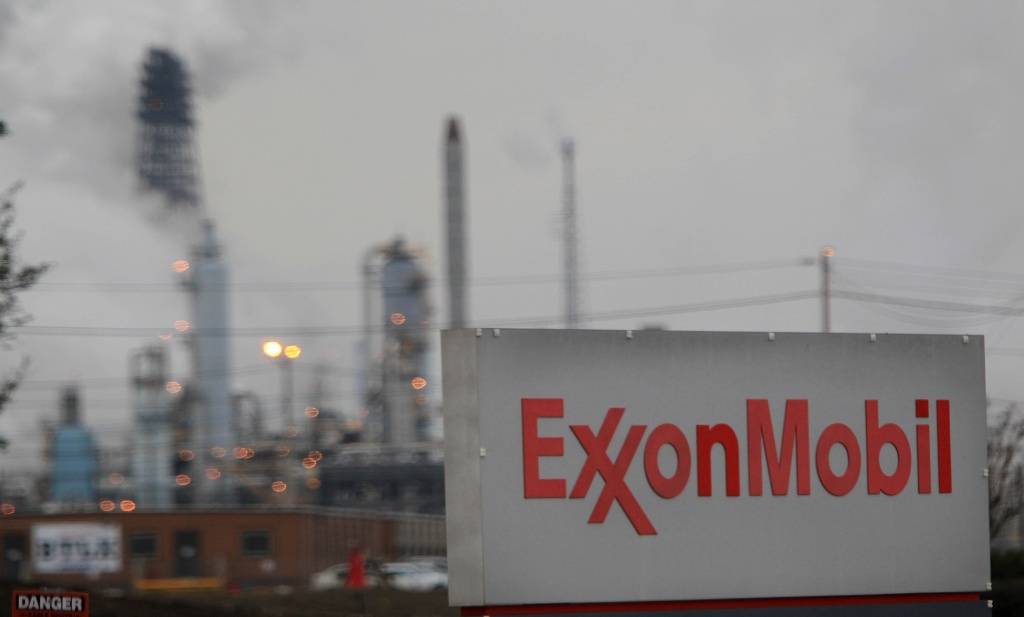The Enugu Chamber of Commerce, Industry, Mines and Agriculture (ECCIMA) has supported the plan to add 15 percent ad-valorem import duty on petrol and diesel.
President Bola Tinubu, on October 21, approved the 15 percent import duty on petrol and diesel.
In a statement on Tuesday, Odeiga Jideonwo, president of ECCIMA, said excess importation of goods that can be produced locally weakens the value of the naira.
Jideonwo said the chamber considers the import duty on petroleum products as a step in the right direction.
Advertisement
He added that the move is one that “will not only help grow the economy but also encourage local production and create more employment opportunities for our teeming youths”.
According to the ECCIMA president, the chamber has consistently maintained that the “naira cannot appreciate if more than eighty percent (80%) of our needs remain import-dependent”.
“The excessive importation of finished goods continues to weaken the value of the naira, particularly when such goods can be produced locally,” he said.
Advertisement
“We believe that imposing higher tariffs on imported products that can be manufactured within Nigeria will help protect and revitalize local industries.
“The importation of refined petroleum products into Nigeria dates back to the 1990s, marking the beginning of a gradual economic decline. Since then, the naira has continued to depreciate.
“The inability of the Nigerian National Petroleum Company (NNPC) Limited to revive the three refineries owned by the Federal Government, coupled with the indiscriminate issuance of fuel importation licenses, has significantly worsened our economic challenges—challenges that have proven difficult to overcome.”
The ECCIMA president added that countries such as the United States and China have upheld strict policies that discourage the importation of goods which can be produced domestically.
Advertisement
Jideonwo said the countries promote indigenous industries to fully meet domestic demand and expand into export markets, noting that fulfilling local needs through local production enhances a nation’s balance of trade.
“Any government that seeks real change must adopt policies that support domestic industries—just as seen in the economic strategies of leaders like the U.S. President Donald J. Trump,” he said.
“We commend the Chairman of the Dangote Group, Alhaji Aliko Dangote, for his visionary and determined efforts to restore Nigeria’s reputation in refined petroleum production through his investment in the Dangote Petroleum Refinery.
“The refinery is already meeting domestic needs while earning foreign exchange for Nigeria. More investments of this nature are crucial to saving and strengthening our economy.
Advertisement
“While some may express concern about whether the Dangote Refinery can fully meet Nigeria’s domestic demand if high import taxes discourage fuel importation, we are optimistic that the planned expansion of the refinery’s capacity—from 650,000 barrels per day to 1.4 million barrels per day—will ensure adequate supply for national consumption.”
ECCIMA TO FG: ISSUE MORE LICENCES TO LOCAL REFINERIES
Advertisement
Jideonwo called on the federal government to issue more licences to indigenous companies to establish refineries in Nigeria.
“Since oil remains the nation’s major source of foreign earnings, players in the sector who demonstrate the capacity to transform Nigeria from a net exporter of crude oil to a net exporter of refined petroleum products should be actively supported by the government and other stakeholders,” he said.
Advertisement
Jideonwo urged the federal government to remove bureaucratic obstacles that impede local investors from securing refinery licences.
“Such reforms will encourage more investors to join the industry, enhance competition, and ensure sufficient supply of petroleum products for both domestic and export markets,” he said.
Advertisement
“Nigeria can indeed become a global leader and the largest exporter of refined petroleum products if this policy is properly implemented. ECCIMA fully supports every private sector initiative aimed at reviving local refining of our God-given crude oil.”
Accordingly, Jideonwo expressed its support for any government policy that safeguards and promotes private sector initiatives.







